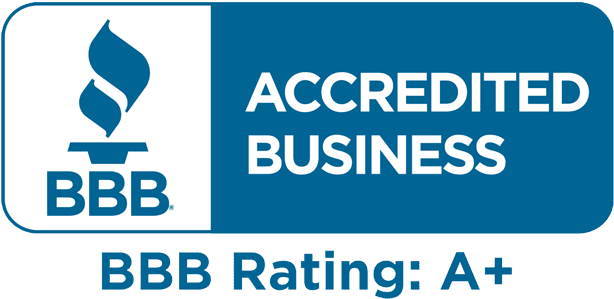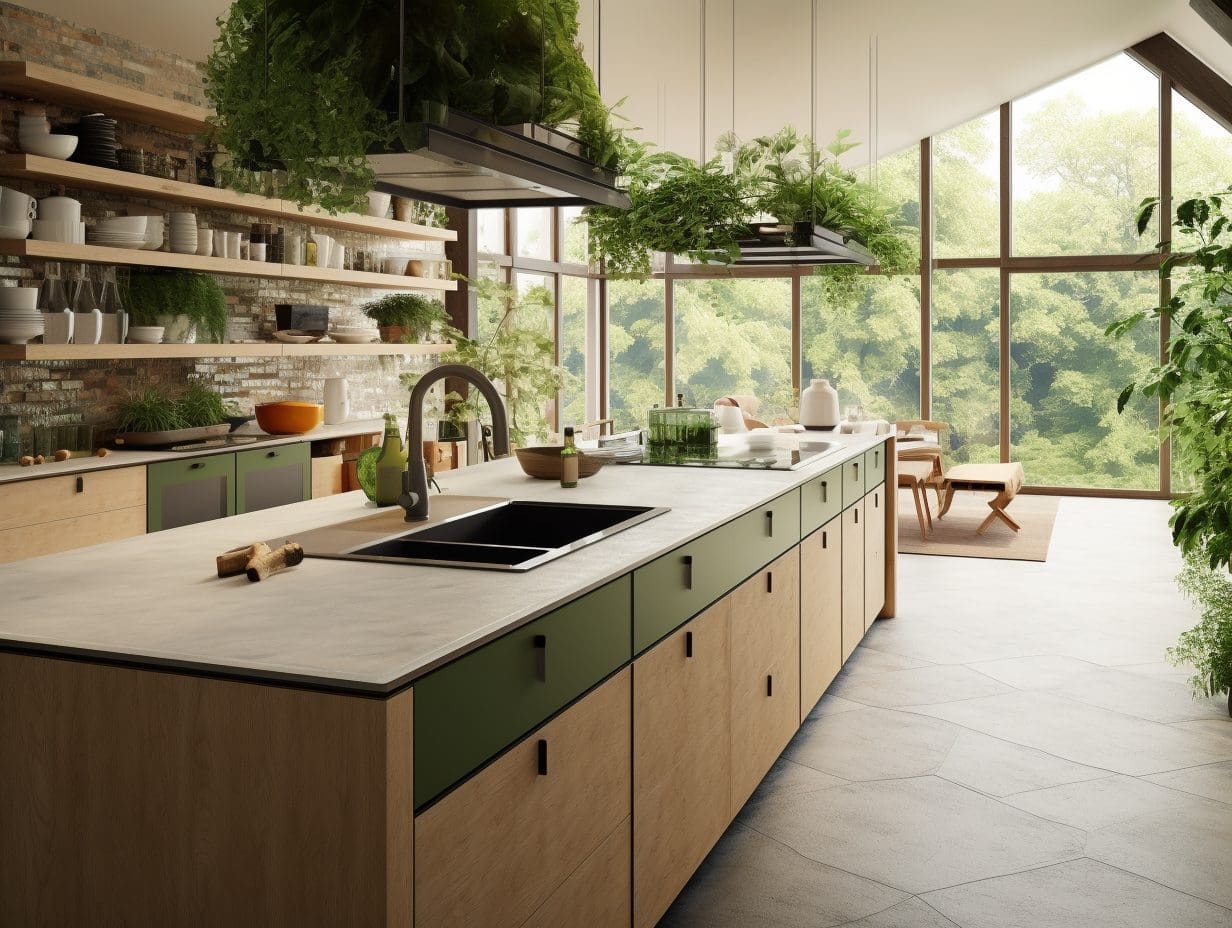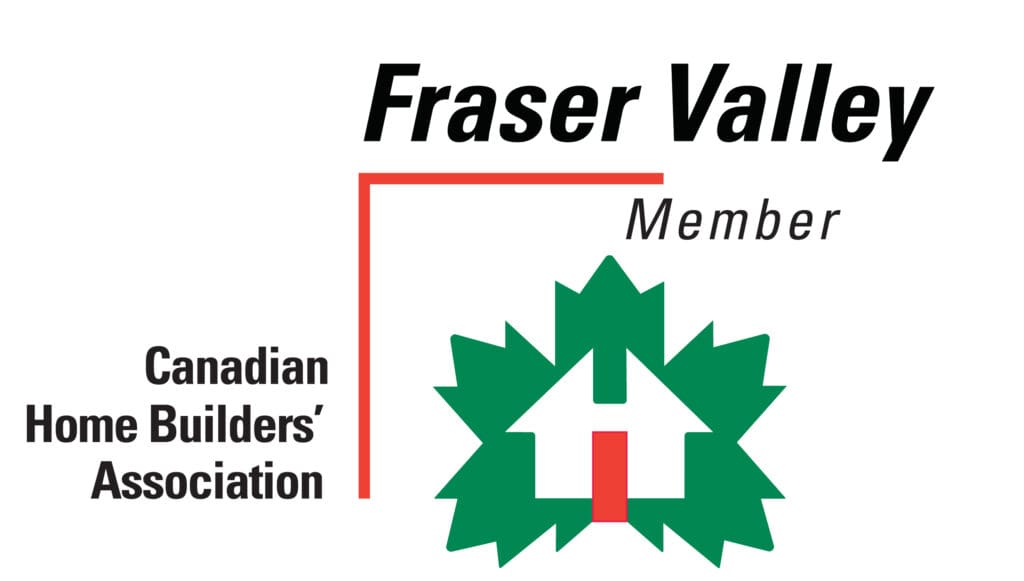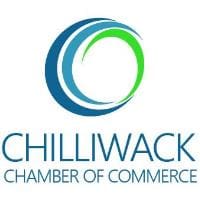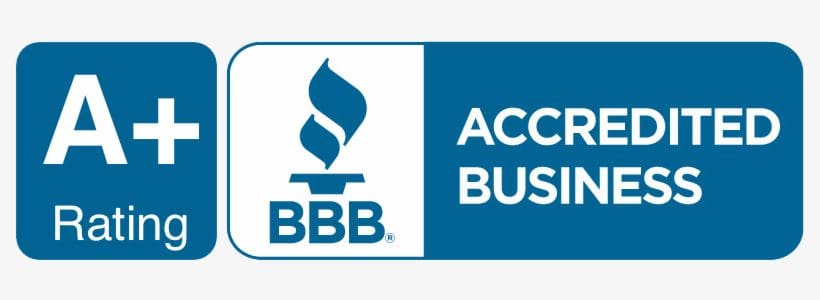There’s a growing movement towards sustainable living in the heart of British Columbia, where the lush greenery meets urban sophistication.
Eco-friendly home renovations are not just a nod to the province’s environmental ethos but a smart investment strategy. For homeowners looking to increase their property’s value, going green is more than a trend – it’s a profitable renovation path.
The Appeal of Eco-Friendly Homes in BC's Real Estate Market
In British Columbia, the growing preference for eco-friendly living isn’t merely a lifestyle choice – it’s become a significant factor in the real estate market.
Buyers are increasingly looking for homes that align with their environmental values and are willing to pay a premium for such features. According to recent market analyses, homes with energy-efficient certifications and green features have shown a noticeable increase in market value compared to traditional homes.
This trend is particularly pronounced in urban areas like Vancouver, where sustainability is a major consideration for homebuyers.
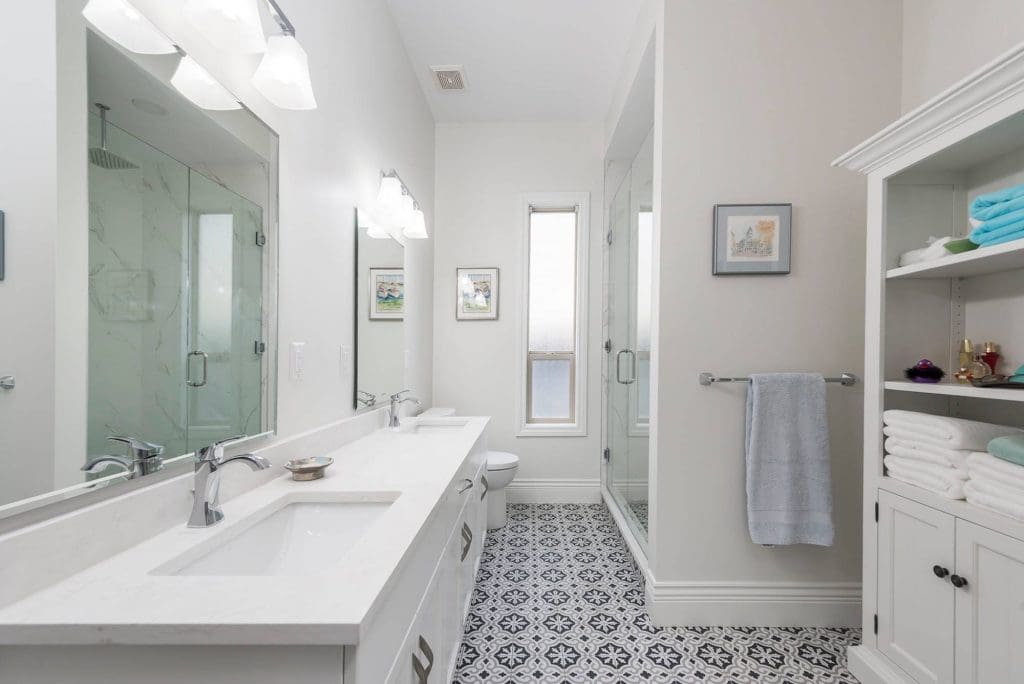
An eco-friendly bathroom built for a greener tomorrow
Key Eco-Friendly Renovations That Add Value
Energy-Efficient Appliances:
Transitioning to energy-efficient appliances like refrigerators, dishwashers, and washing machines is a practical approach to eco-renovation. ENERGY STAR-rated appliances are a popular choice among homeowners, as they use less energy and water compared to conventional models. This translates into lower utility bills and is a significant draw for potential buyers.
Solar Panel Installation:
Installing solar panels is not just about harnessing renewable energy but also about future-proofing the home against rising energy costs. In sunnier seasons, these installations can generate significant energy, potentially allowing homeowners to sell surplus power back to the grid. Long-term savings and increased home value offset the upfront cost.
Water Conservation Systems:
With water conservation becoming increasingly important, installing low-flow toilets, showerheads, and faucet aerators is an attractive feature for eco-conscious buyers. Rainwater harvesting systems, which collect and store rainwater for landscaping and other uses, can also be a significant selling point, especially in areas with water usage restrictions.
Insulation and Energy Efficiency:
Upgrading insulation is one of the most effective ways to improve a home’s energy efficiency. In BC’s climate, where temperatures can vary significantly, good insulation helps maintain a comfortable indoor temperature, reducing the reliance on heating and cooling systems. Eco-friendly insulation options like rigid foam panels or cellulose, which is made from recycled paper, offer high insulation values and are environmentally-friendly choices.
Eco-Friendly Materials in Renovations:
Beyond insulation and appliances, the choice of materials in any renovation plays a crucial role in eco-friendliness.
For flooring, bamboo and cork are sustainable options that offer durability and a modern look. Reclaimed wood is also environmentally-friendly and adds character and history to a space. In painting projects, choosing low-VOC or no-VOC paints reduces indoor air pollution and is safer for both the environment and the home’s inhabitants.
Government Incentives and Support:
Understanding and utilizing government incentives can significantly reduce the cost of eco-friendly renovations. In British Columbia, programs like the CleanBC Better Homes and Home Renovation Rebate Program offer various rebates for energy-efficient upgrades. Additionally, the federal government’s Greener Homes Grant provides financial support for homeowners undertaking green renovations.
Keeping abreast of these incentives can make eco-friendly renovations more affordable.
How to Get Started with Eco-Friendly Renovations:
Beginning an eco-friendly renovation project can seem daunting. A good first step is to conduct an energy audit to identify areas where improvements can be made.
Homeowners should prioritize projects based on their budget, desired outcomes, and the most significant potential for energy savings. Researching and hiring contractors with experience in green building and renovations is crucial.
These professionals can provide valuable advice on material choices, energy-efficient design, and navigating regulatory requirements specific to British Columbia.
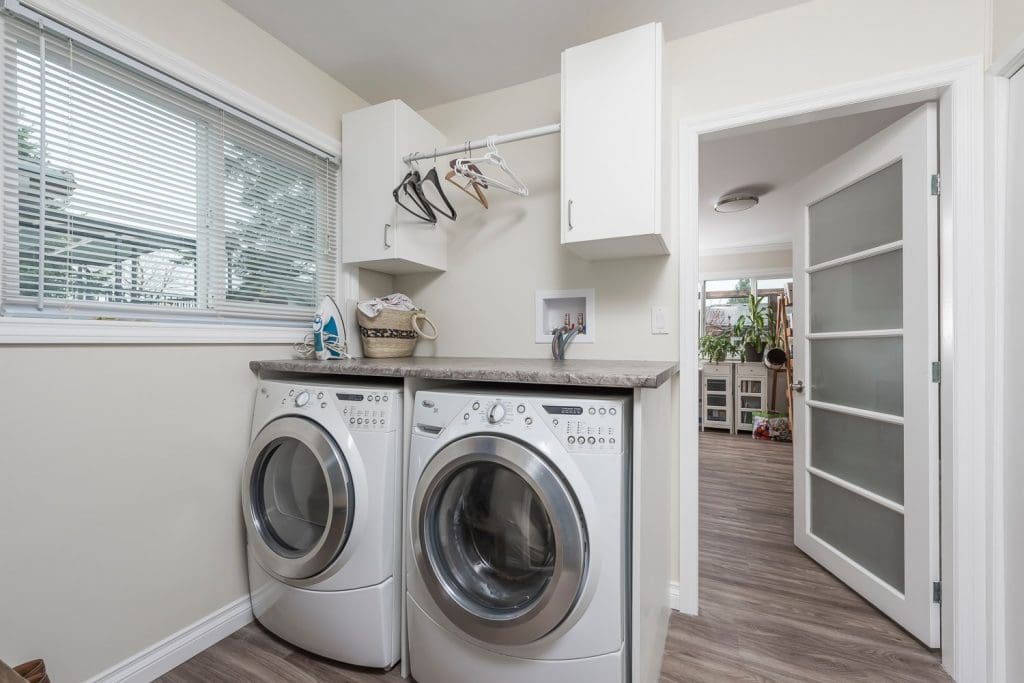
Empowering homes with eco-conscious appliances, redefining sustainability one watt at a time
Conclusion
Eco-friendly renovations:
- Are a wise investment in British Columbia
- Offer a combination of increased property value
- Reduce utility costs
- Enhance environmental stewardship
As the demand for sustainable living grows, homes that embody these values will continue to stand out in the real estate market.
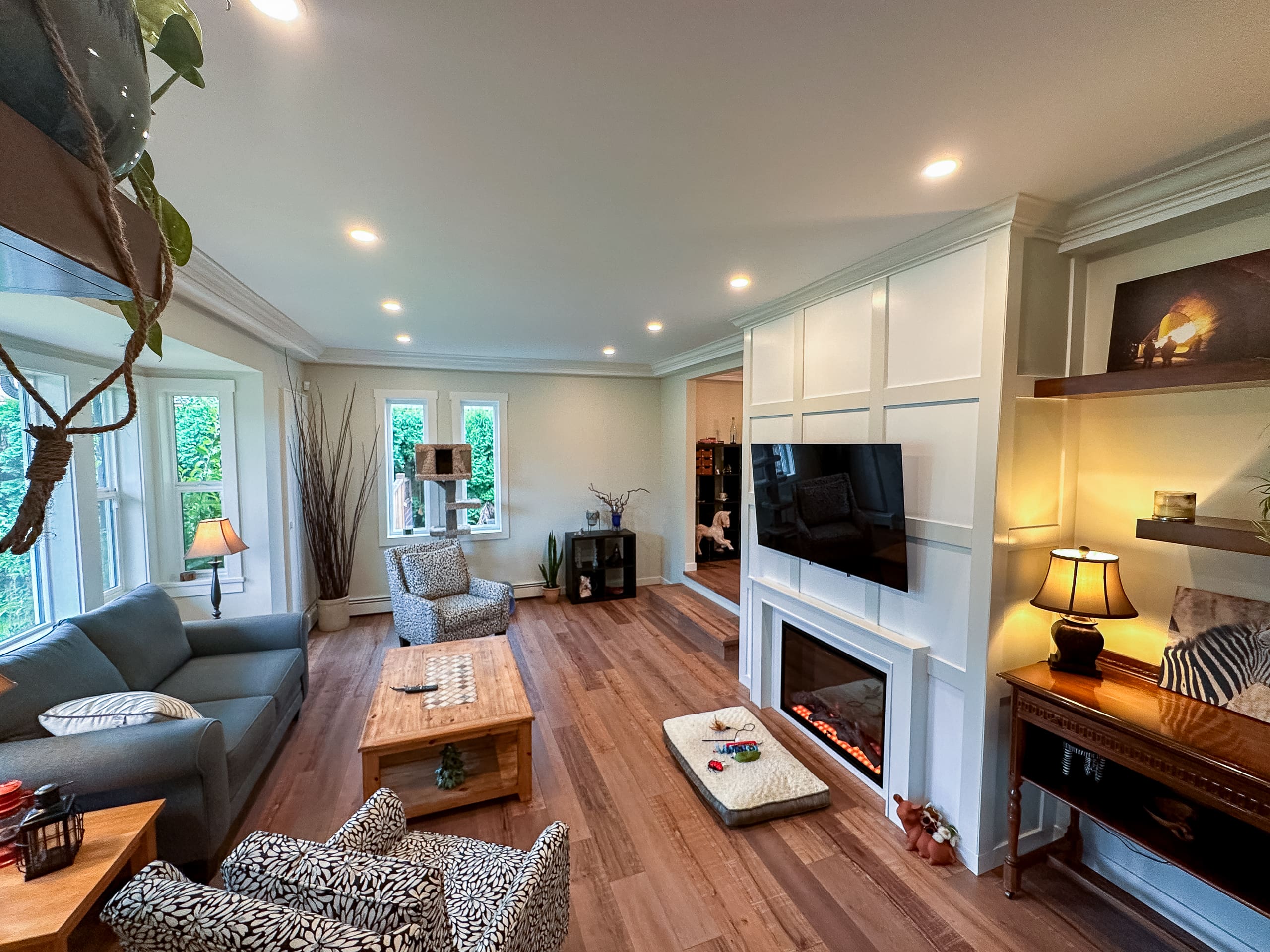
Innovative design paving the way for a greener world
FAQs
1. What is the most cost-effective eco-friendly renovation?
The most cost-effective eco-friendly renovation often involves upgrading to energy-efficient appliances and lighting.
Replacing old appliances with ENERGY STAR-rated ones can significantly reduce electricity and water usage. Similarly, switching to LED lighting from traditional incandescent bulbs can save up to 75% on energy costs. These changes have lower upfront costs than larger projects and offer immediate savings on utility bills, making them an excellent starting point for homeowners looking to go green.
2. How do solar panels affect property value in BC?
In British Columbia, solar panel installation can have a huge positive impact on property value. Homes with solar panels typically sell faster and at higher prices than those without due to the growing environmental awareness among homebuyers and the overall desire for energy independence. The exact increase in value varies depending on the size and quality of the solar installation, local electricity rates, and the overall solar potential of the location. However, studies suggest that homes with solar installations can see an increase in value by up to 4.1% compared to similar homes without solar panels.
3. Can eco-friendly renovations really reduce utility bills?
Yes, eco-friendly renovations can significantly reduce utility bills. Upgrades like solar panels, energy-efficient appliances, and improved insulation lead to lower energy consumption, directly reducing electricity and heating costs. For example, high-efficiency windows can reduce heat loss during winter, which in turn lowers heating bills. Similarly, installing a programmable thermostat can optimize heating and cooling, leading to further savings. Over time, these savings can add up to cover the initial investment costs of the renovations.
4. Are there specific eco-friendly renovations recommended for BC’s climate?
British Columbia’s diverse climate calls for specific eco-friendly renovations. Effective water management systems, like rain gardens and permeable paving, are beneficial in cooler, rain-prone areas. High-quality insulation and weatherproofing are crucial across the province to maintain energy efficiency. For areas with more sunlight, solar panel installations are highly recommended. Additionally, considering BC’s commitment to sustainability, materials like reclaimed wood for decking and bamboo flooring are environmentally friendly.
5. How can I find out about government incentives for green renovations?
To find out about government incentives for green renovations in BC, homeowners can visit the official CleanBC website, which provides comprehensive information on available rebates and incentives. The federal government’s Greener Homes Grant is another key resource, offering financial support for various eco-friendly upgrades. Local municipal websites and energy suppliers in BC also often have information on regional incentives and programs. Consulting with a professional contractor experienced in green renovations can also provide insights into the latest incentives and can help in navigating the application process for these programs.
Resources
CleanBC Better Homes and Home Renovation Rebate Program:
This website offers comprehensive information on rebates and incentives available for energy-efficient home upgrades in British Columbia. It also provides tools and resources like a rebate search tool, a contractor search tool, and energy coaching services.
Canada Greener Homes Grant:
https://www.nrcan.gc.ca/energy-efficiency/homes/canada-greener-homes-grant/23441
This is a federal initiative that offers financial support to homeowners undertaking energy-efficient renovations. The website provides details on eligibility, the types of upgrades covered, and the application process.
BC Hydro Power Smart:
https://www.bchydro.com/powersmart.html
BC Hydro offers a range of programs and incentives under its Power Smart initiative, aimed at promoting energy conservation. The website includes tips on energy-saving, details on available rebates, and guidance on efficient home appliances.
FortisBC:
https://www.fortisbc.com/rebates
FortisBC provides various rebates for energy-efficient appliances, heating equipment, and home renovations. Their website is a valuable resource for finding rebates and understanding the requirements for each.
Canadian Home Builders’ Association (CHBA)
The CHBA offers resources and guides on green building practices, finding qualified professionals, and staying informed about the latest trends in eco-friendly home construction and renovation.
Government of Canada on ENERGY STAR:
This section within the Government of Canada’s website presents a list of ENERGY STAR certified products that help make a home more energy efficient.
City and Municipal Websites:
Various cities and municipalities in BC often have local programs and incentives for eco-friendly home renovations. Checking the official website of your local municipality can provide information on such local initiatives.
Energy Advisors and Green Building Professionals:
Hiring a certified energy advisor or a contractor specializing in green building can be highly beneficial. They can provide personalized advice, help in planning renovations, and assist in navigating rebate programs and incentives. The CleanBC website and local building associations can be good starting points to find qualified professionals.
